The Risk of Contracting Ebola While Flying
 Lately my friends and family have been complaining about the two American doctors who were taken to Atlanta after contracting the Ebola virus in Liberia, which is a country in West Africa. They fear that the virus will spread in the U.S. and kill thousands, especially frequent flyers.
Lately my friends and family have been complaining about the two American doctors who were taken to Atlanta after contracting the Ebola virus in Liberia, which is a country in West Africa. They fear that the virus will spread in the U.S. and kill thousands, especially frequent flyers.
I’m personally glad that the two doctors were brought to the United States for care because these doctors were performing a noble service that many people are unwilling to do, they were helping those who lack adequate medical resources; And also because they are Americans and we should always make an effort to keep our citizens safe.
The Centers for Disease Control and Prevention (CDC) has acknowledged that it’s possible for a person infected with Ebola in West Africa to get on a plane and arrive in the United States, but the chances of the virus spreading during a flight are relatively low.
“It’s very unlikely that they would be able to spread the disease to fellow passengers,” said Stephen Monroe, deputy director of CDC’s National Center for Emerging Zoonotic and Infectious Diseases. “The Ebola virus spreads through direct contact with the blood, secretions, or other body fluids of ill people, and indirect contact, for example with needles and other things that may be contaminated with these fluids.”
So keep that in mind, the Ebola virus is not an airborne transmittable virus. Therefore, I don’t think anyone who lives in a well developed country with adequate health care services should be in a panic over the Ebola virus.
Unless you are actually going to West Africa, you have no reason to fear flying. Some airlines have already cancelled flights to West Africa to prevent any possible outbreak. I’m not worried, and I like to think of myself as a hypochondriac sometimes.
Here are some common Questions & Answers from Evan Horowitz of the Boston Globe:
How do you get it?
Ebola isn’t that contagious. Unlike the flu, for instance, it doesn’t travel through the air. You can only get it from direct contact with the blood or other bodily fluids of infected people.
One reason it has been spreading through West Africa is that in some communities, it is common for mourners to touch the bodies of deceased loved ones before burial, and people who’ve succumbed to Ebola are still contagious after death. Health workers, too, face increased risk, because caring for Ebola patients requires close contact. This is likely how the two infected US doctors contracted the disease.
Are there any treatments?
At this point, there’s very little doctors can do for Ebola victims, beyond keeping them hydrated. There are some experimental treatments at different stages of review, including a vaccine and some medications, but nothing proven or approved.
One reason there are currently no treatments is that, horrific as the disease may be, it mainly affects poor people in poor communities. That makes it harder for drug companies to earn money from potential products, and thus reduces their incentive to spend money on research.
On a scale of one to 10, how worried should I be?
If you live in the U.S. your worry-level should be quite low. Ebola doesn’t have the disease profile to spread in a place with reasonable medical resources.
If you find yourself in West Africa, you have more cause for concern. Developing nations lack the public health resources needed to properly quarantine people, provide health workers with protective gear, and educate the population about risks and best practices.
*Update: The CDC going to level 1 does not mean there is now a risk. The risk level has only been around since 2003 and it is only elevated in order to gather resources and help those abroad.
*Update 2 [9/30/2014]: The first case of Ebola in the United States has been reported in Dallas from a passenger who traveled from Liberia. The CDC does not believe that we should panic over it because the spread of Ebola in the United States is less likely than in Western African countries.
*Update 3 [10/08/2014]: Although the Dallas patient has died, it is important to note the circumstances regarding his death. Mr. Duncan, the patient, was already very ill when he was admitted into the hospital. While traveling, it is very unusual for someone to come into contact with a fellow passengers bodily fluids.
Sources: CNN, Boston Globe and CDC.
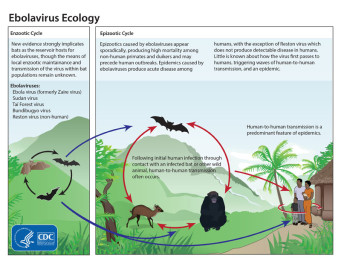
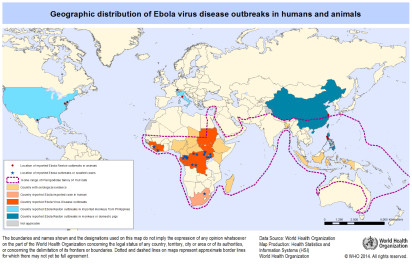

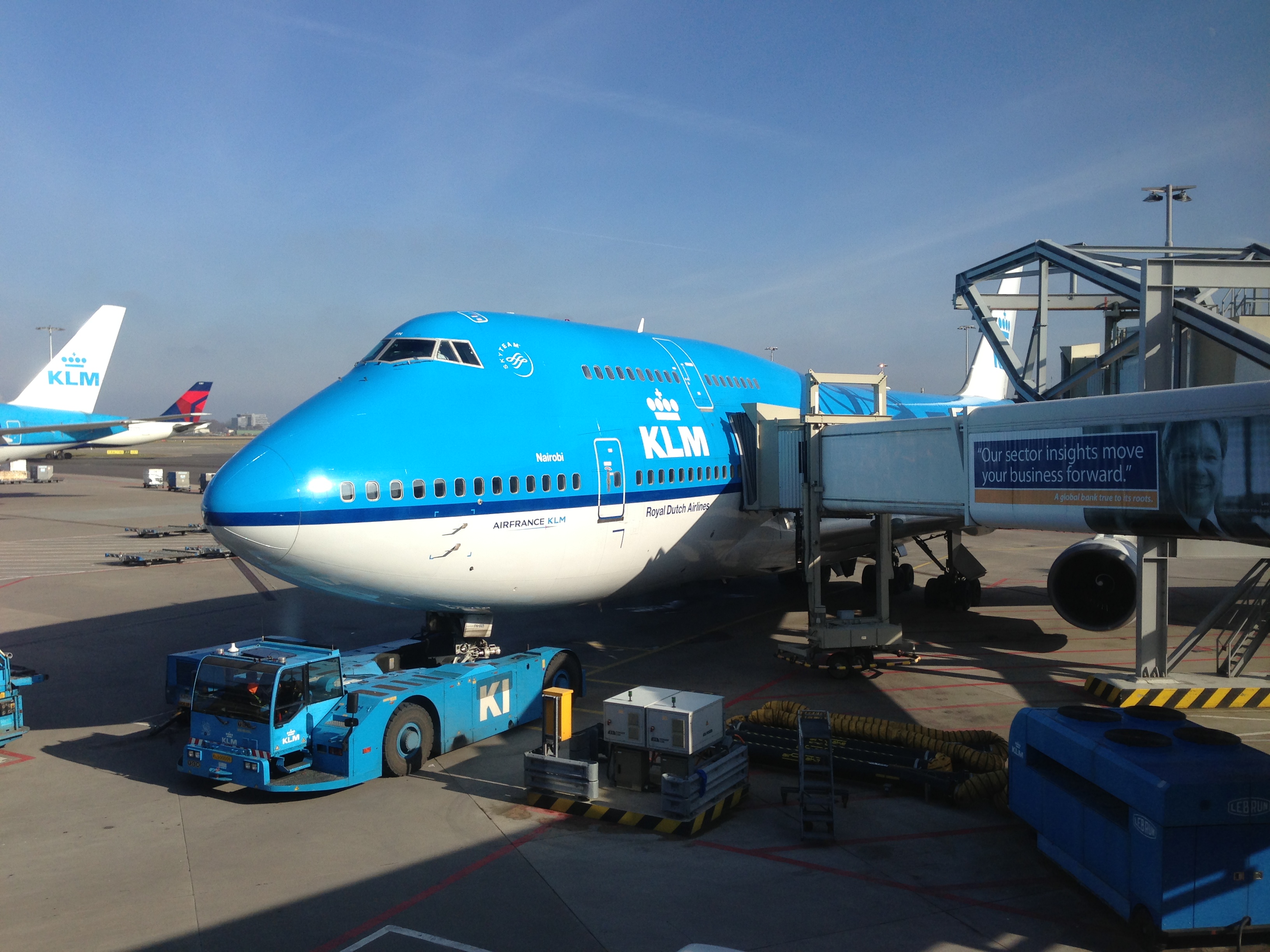
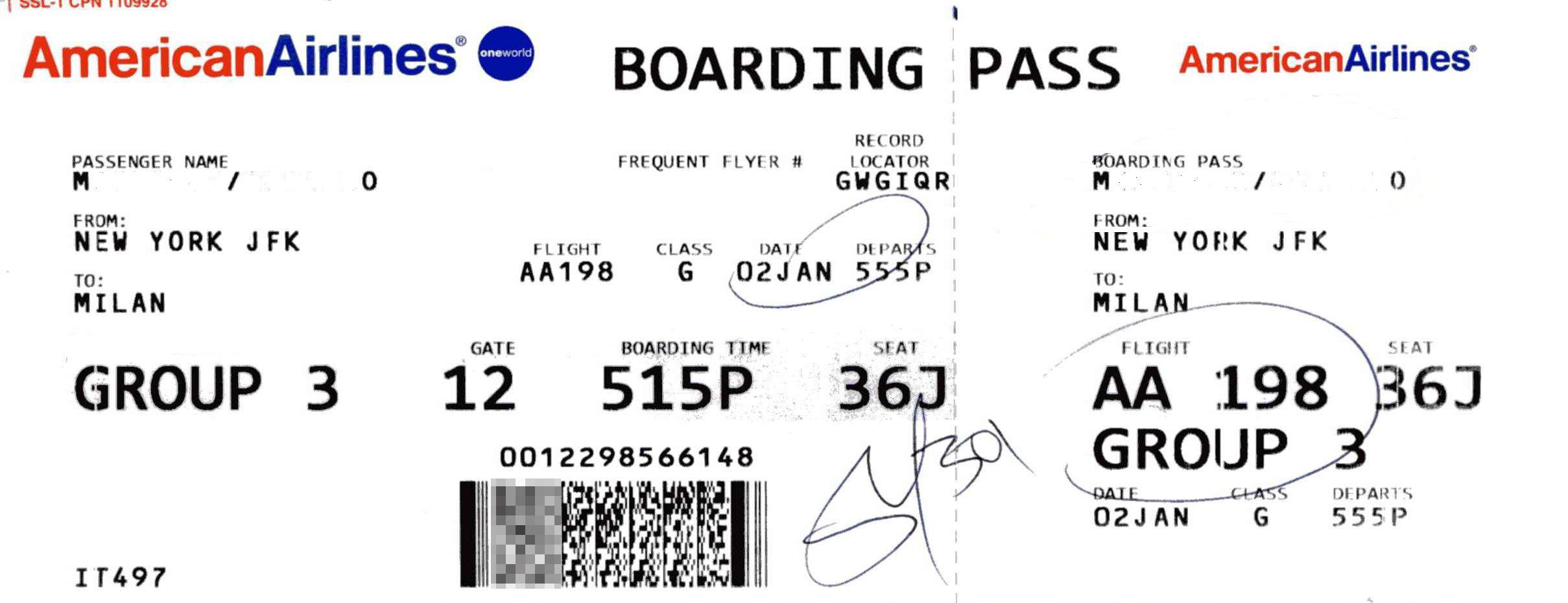
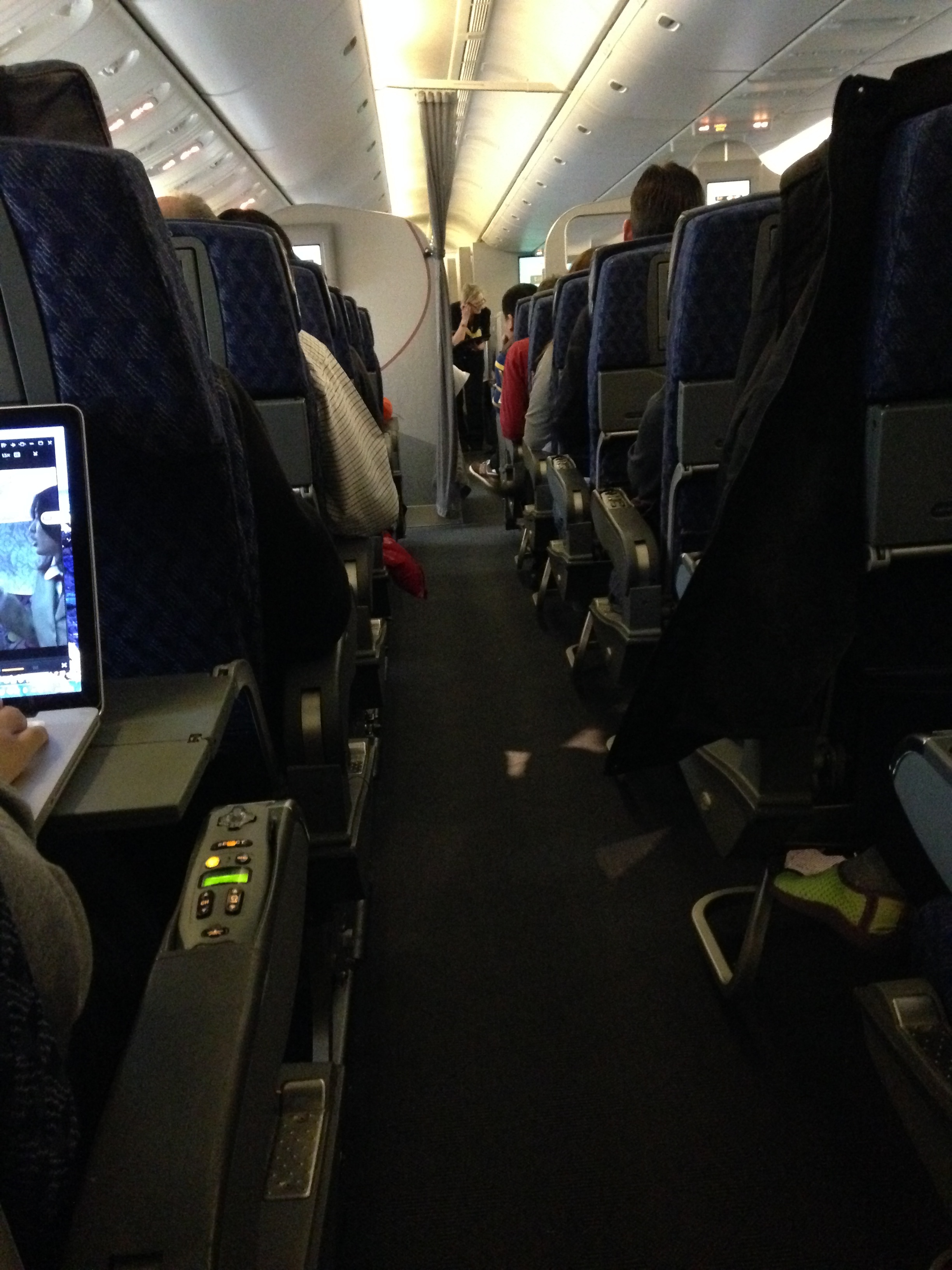

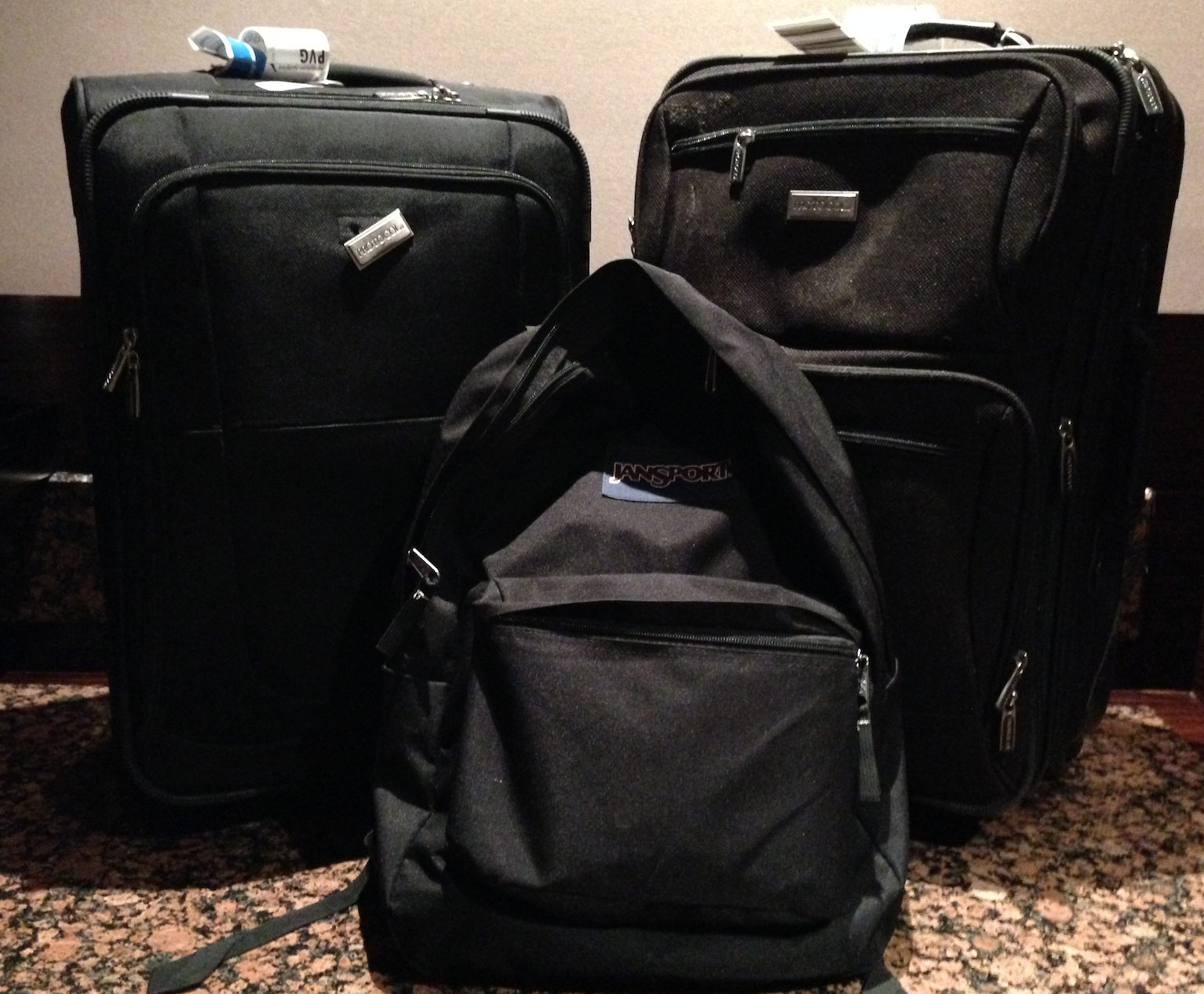

WOW even I was being worried about this and i live in iceland haha